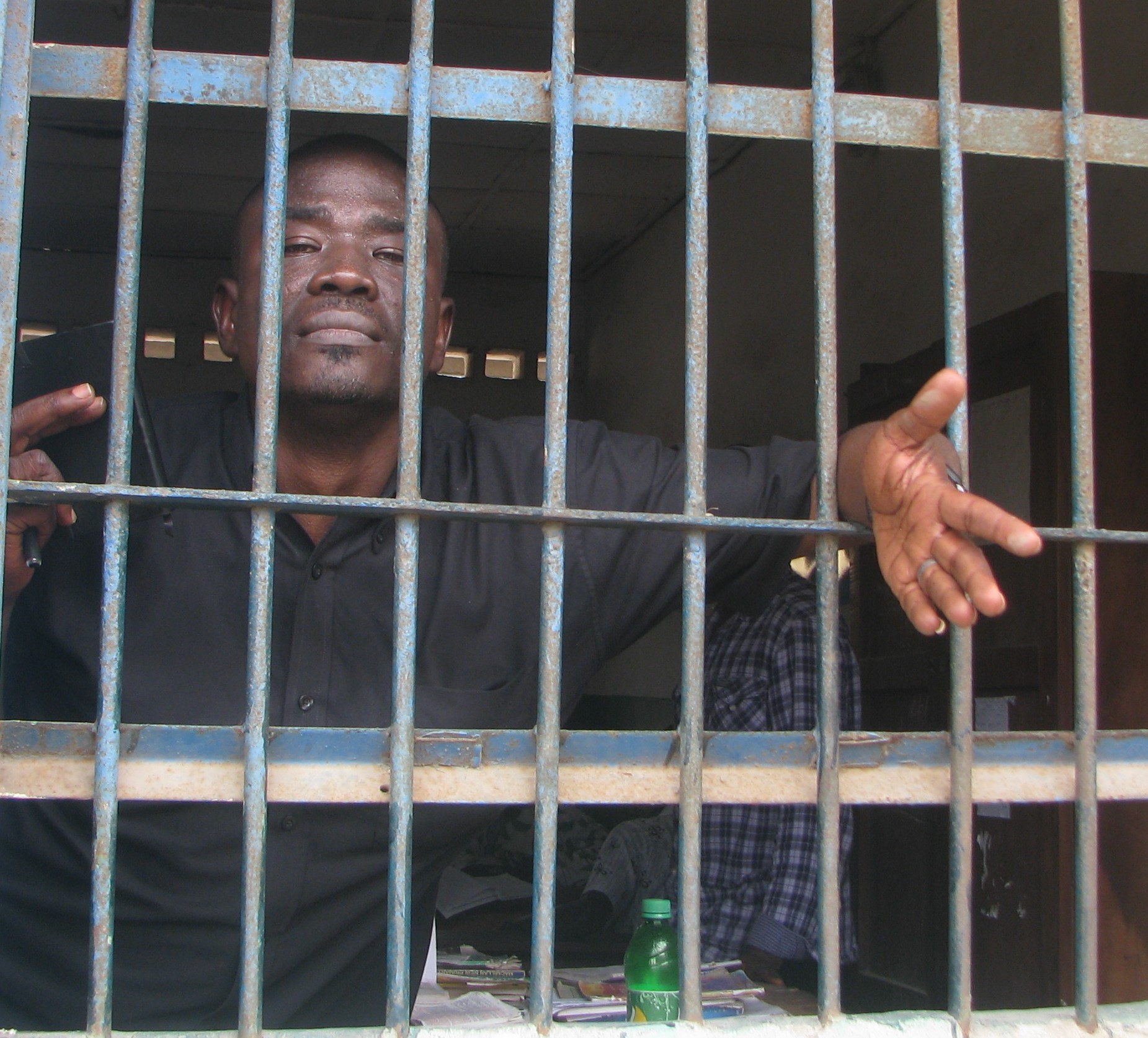ABUJA — Senator Natasha Akpoti-Uduaghan’s legal challenge to her suspension from the Senate has taken a new dimension, as her appeal filed before the Court of Appeal reveals that the judgment of the Federal High Court did not contain a clear order directing her reinstatement.
This revelation has triggered fresh reactions, with legal experts noting that the appeal itself confirms that the Senate did not violate any binding court directive when it declined to recall the senator before the expiration of her six-month suspension.
Abuja-based lawyer and policy analyst, Dayo Fadugba, said the content of the appeal, particularly Ground 23, is significant because it faults the trial court for failing to nullify the suspension, even after declaring it excessive.
“What this means,” Fadugba explained, “is that even her legal team now admits the court did not issue an enforceable order. That puts to rest the controversy over whether the Senate disobeyed any court ruling — it did not.”
In the controversial judgment delivered by Justice Binta Nyako, the court had described the senator’s suspension as “outside the contemplation of the Constitution” and contrary to Section 63 of the 1999 Constitution. However, it stopped short of making a definitive pronouncement nullifying the suspension.
Now, Akpoti-Uduaghan’s lawyers are asking the Court of Appeal to set aside the ruling on the grounds that the trial judge failed in her duty to clearly void the Senate’s action.
“The trial judge erred in law,” the appeal reads, “when she failed to expressly make a clear pronouncement setting aside and/or nullifying the suspension accordingly.”
Fadugba said the implications of the appeal are far-reaching.
“This effectively demolishes the widespread claim that the Senate was in defiance of a court order. The judge did not give one. The appeal proves it.”
He argued that the Senate had acted within its constitutional authority when it suspended the Kogi Central senator for alleged misconduct on the floor of the chamber, noting that Section 63 of the Constitution empowers the legislature to discipline its members.
“Legislative chambers have internal rules, and when decorum is breached, sanctions are appropriate,” he said. “Senator Akpoti-Uduaghan’s suspension was a disciplinary measure that the court did not strike down in any enforceable way.”
Fadugba also reacted to the senator’s widely publicised attempt to return to the Senate in June, describing it as premature and unjustified.
“Her dramatic entry into the National Assembly complex was not based on law, but on a misinterpretation of the court’s decision. That event was more about optics than legality,” he said.
He warned that such actions could provoke further disciplinary measures.
“When a suspended member storms the chamber with media crews and supporters, that act alone may constitute fresh grounds for disciplinary action,” he added.
Fadugba further cautioned against the politicisation of judicial processes, urging Nigerians to wait for the outcome of the appeal rather than draw premature conclusions.
“It is important that we respect the entire judicial process and not cherry-pick interpretations that suit political narratives. The appeal is proof that the earlier judgment was not conclusive,” he said.
With the appeal now pending before the Court of Appeal, the legal battle shifts from the question of whether the suspension was excessive to whether the court ought to have issued a mandatory order for reinstatement.
Legal observers say the outcome of the case may help clarify the boundaries between judicial oversight and legislative autonomy, particularly in disciplinary matters involving elected officials.




